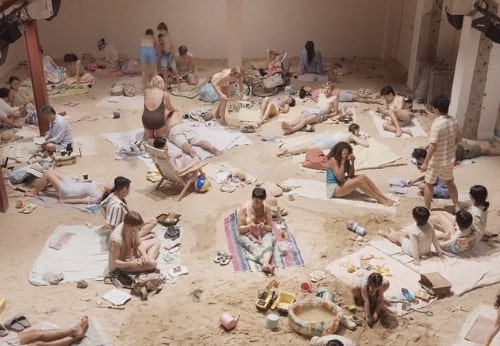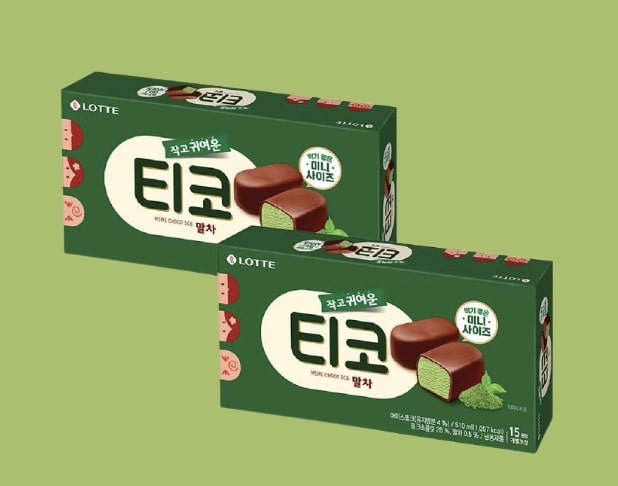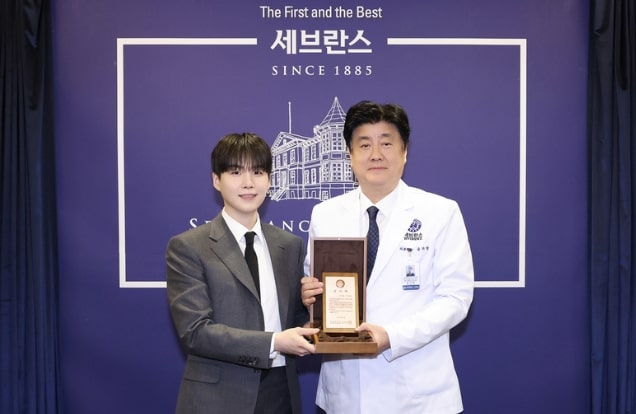
Who is Going to Pay in Korea?

No Separate Check Allowed
Until early 2010s, splitting the bill at the restaurants or cafes wasn’t ubiquitous as they are now in Korea. The culture of “It’s on me” was more prevalent and people would take turns to pay the bill.
⚠️ Some restaurants in the early 2010s banned, or didn’t like, individual checks because it takes longer time. (No places ban individual checks these days.)

In the past, people would take turns or the oldest in the group would pay the bill.
However, if you think about it, this can be quite inconvenient and unfair. The members and the price of meals can always change. If people are taking turns, there should be those who pay more than others at some point. And if you happen to be the oldest in the group, you might go broke.

Dutch Pay / 더치페이
Nowadays, splitting the bill has become a norm.
Each paying separately, rather than one person paying all, is referred to as 더치페이 in Korea.
FYI: People rarely pay cash these days.
✅ You know, transferring money online has become so easy these days. You can send money to your friends with only a few clicks on the phone. Koreans are the people that value speed. One person in a group usually pays at once and others send it later by bank transfer. A lot of people prefer this way to splitting the bill on the spot. Let’s say a total of five people met to grab lunch and coffee afterwards. If each pays on the spot, everyone has to wait for a cashier to swipe the cards five times. And again at the coffee place.

However, on a special day, such as the day you give a wedding invitation to your friends or a day that you get your first paycheck, you would treat everyone else. ????
“오늘 저녁은 내가 쏜다!” (Tonight’s dinner is on me!)
“오늘 저녁은 내가 낼께 or 살께.” (I’ll pay tonight.)
~이/가 쏜다.
1) To shoot; 2) To sting; 3) To buy (It’s not official Korean, but a well-used slang)


WHY do older people tend to pay for younger people?
Korea is a land of Confucianism, a belief that focuses on the importance of personal ethics and morality. Respecting seniors (or elders) is one of the important traits. Here, seniors or elders refer to anyone older than you. Another essential trait is seniors taking care of juniors. As juniors respect seniors, seniors look after juniors. Years later, when these juniors become seniors, they will look after other new juniors. And it goes on and on, generations to generations.


Paying for the meals is one of the ways to express the love.
We call this 내리사랑, or love flows downstream.
내리사랑 is most often seen in families. Parents’ love flows downstream. If parents give ample love to their children, these children, as they become parents, look after their children with much love. This culture of 내리사랑 has spread throughout Korean society, in schools and works.

Treating those who are older than you with respect is indeed a very valuable trait, conceptually. However, some unexpected situations & side effects also exist in reality. When authority and coercion kick in, these relationships can turn into vertical ones very quickly.
Just like splitting the bills, the senior-junior relationships are becoming more horizontal lately, but there is still a way to go.
???? Questions for UoH Friends :
✓ Do you usually separate the bills?
✓ On what occasions do you treat others?



